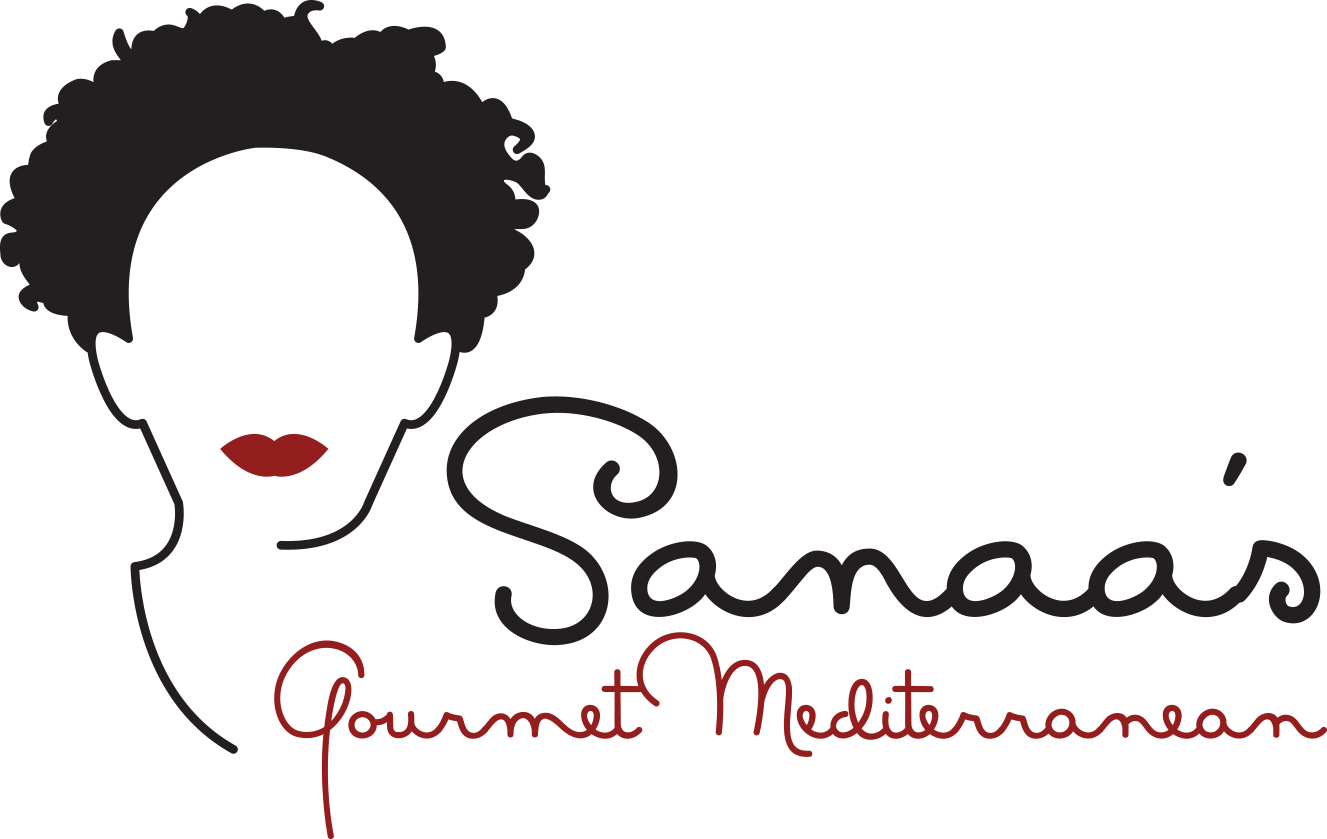Easter and Cultures
We know that Easter is a Christian holiday that celebrates the Resurrection of Jesus after his Crucifixion at the hands of the Roman Empire. But long before Jesus was born, Easter was a festival celebrated on the day of the vernal equinox by the ancient Teutonic people.Some historians think the word "Easter" is derived from Eastre, which is the Anglo-Saxon name of the Teutonic goddess of spring and fertility.A Greek legend about spring involves the return of Persephone, the daughter of Demeter, goddess of the earth, from the underworld to the light of the day. Her return was a symbol of the resurrection of life after the privation of winter.A Japanese legend says that lunar rabbit keeps the grass trimmed on the moon's surface to enable it to shine white and not green.Easter eggs always have been the symbol of rebirth, which is why Easter eggs were usually colored red, the color of life's blood. In Russia, red Easter eggs are laid on graves to serve as a resurrection charm.Easter is a big holiday in the Greek Orthodox and Syrian Orthodox cultures, Syrian Christian do not say, "Happy Easter" as a greeting but "Christ has risen," or, in Arabic, "Messiah Kam."Lent is taken seriously in countries that have an Eastern Orthodox population. For example Good Friday is called Sad Friday. On that day, Christian do not eat meat or fish or fowl or any products of animals, and woman wear black.On Easter day, people dress in new clothes, but they make a very sour salad that comports with vinegar Jesus was given when he asked the Roman soldiers for water. The main course on Easter is lamb.In Spain, Easter is celebrated much as it was in medieval times. Black-robed men with pointed hoods march back and forth between their churches and their cathedral doing penance for their sins.In many countries, sweet bread is baked for Easter Sunday, in which colored eggs are placed in the shape of a wreath. Which remind me, I need to go and check on my dough. Happy Easter.
